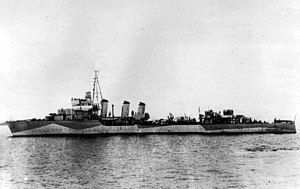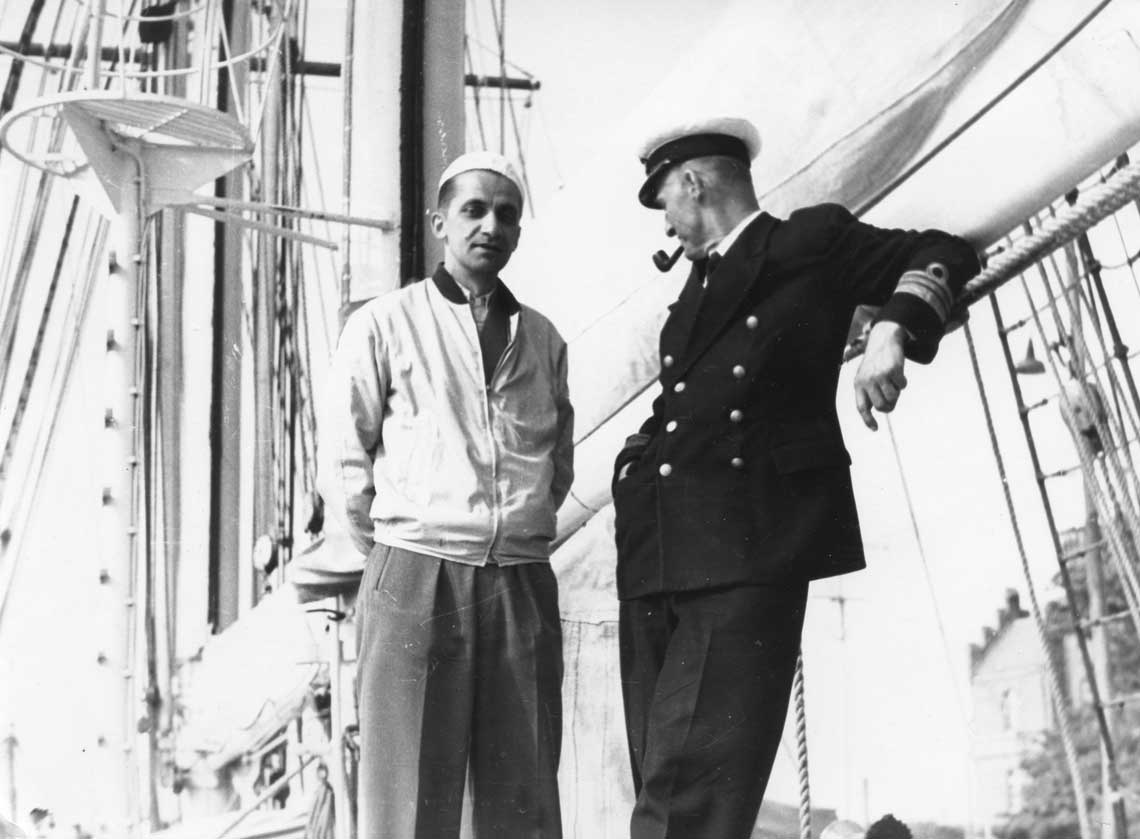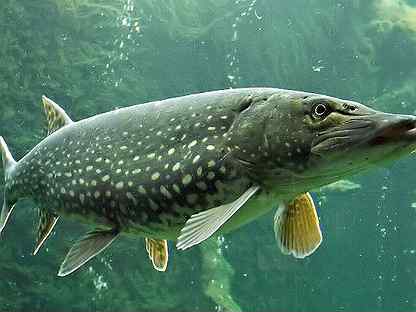
Jerzy Pertek - praiser of the history of the navy

Jerzy Pertek - praiser of the history of the navy
The writer is a legend, forgotten through the fault of the publishers. It all started in 1946, when, through the efforts of Wydawnictwo Zachodni (Western Publishing House), a modest volume of books appeared on the shelves of bookstores, which later turned out to be the author's most popular publication. He could not become a sailor, as he dreamed of as a child, but he realized his passion, as he used to say, in writing and did it consistently and successfully for more than 40 years. But the authorities of the capital of Greater Poland, where most of Pertek's books were written, did not honor the writer with the name of one of the streets.
In the autumn of 2015, twenty-six years after the death of Jerzy Pertek, the largest and most widely read modern Polish maritime writer and promoter of maritime affairs, the last, twelfth issue of Great Days of the Small Fleet was published (Zysk Publishing House
i S-ka z Poznania), a book that initiated a series about Poles at sea during World War II (other titles: "Friend of the Small Fleet", "Under Foreign Flags" and "Mala Fleet wielka duszy") and had a huge impact on acquaintance and interest in the activities of the Polish Navy in 1939-1945, starting with participation in the defense of the Polish coast, and then with the battles of Polish ships in the west, under the wing of the Royal Navy.
No other seascape writer in our country enjoyed such great popularity and respect from thousands of readers. Each of his new books, although he was not a historian by profession, but became one out of love for the sea, was a publishing event. Those were the days when Perthka was bought from under the counter in a bookstore, or when it could be bought for a multiple of the cost of a volume in an antique bookstore. Pertek's books were bought by young and old people, professional historians and those who lived "by the sea and for the sea". It is thanks to the books of this writer from the capital of Greater Poland - it would not be an exaggeration to call him "sea Sienkiewicz" - hundreds, if not thousands of young people began their service or work at sea. He brought up the next generation of marine writers and journalists, for whom, as the author of more than 50 books and brochures (their circulation exceeded 2,5 million or for the marine publications that he liked, he is and will always be an indisputable authority. He worked at the Western ”and“ Morskoe ”in Poznan, was the editor of the Liga Morskaya publishing house in Sopot, the Morskoe publishing house and the publishing department of the Society of Friends of Science and Art.
in Gdansk and in the Poznań delegation of the Publishing House of the Ossolinsky National Institute.
The current generation of 50- and 60-year-olds looked forward every month to new articles in the magazine "More" and books by Mr. Jerzy. He left behind a lot of valuable, sometimes pioneering research, highly appreciated by experts for their documentary value, cognitive and literary value. He is one of the most famous and respected disseminators of knowledge about Polish maritime affairs and the affairs of the Polish sea abroad.
When in the mid-80s, when asked by a journalist from the Lad weekly about the successors of his work, he refused to name any names. He only pointed to a group of young enthusiasts who published the quarterly magazine The Illustrated Sea in Gniezno. The Sea, Myths, Legends and Reality”, as well as among the promising specialists of the Gdansk University of Technology who write for “The Sea” and “Seaside”. On this occasion, he expressed some regret that in the coming times there would no longer be a place for maritime omnibuses, which everyone knew, and that the time had come for people with a narrow maritime specialization.
At the beginning of 1983, as a young researcher on the history of the Polish MV in 1918-1945, I contacted by mail the greatest authority in this field. For two years I was the founder, editor and writer of the aforementioned Maritime Quarterly, which proved to be a good training ground before collaborating with professional editorial and publishing houses. I did not expect that our acquaintance, which lasted until the death of the writer from Poznań, would turn out to be so cordial and fruitful. I still remember the first meeting in the house of Mr. Elena and Jerzy Pertek.
